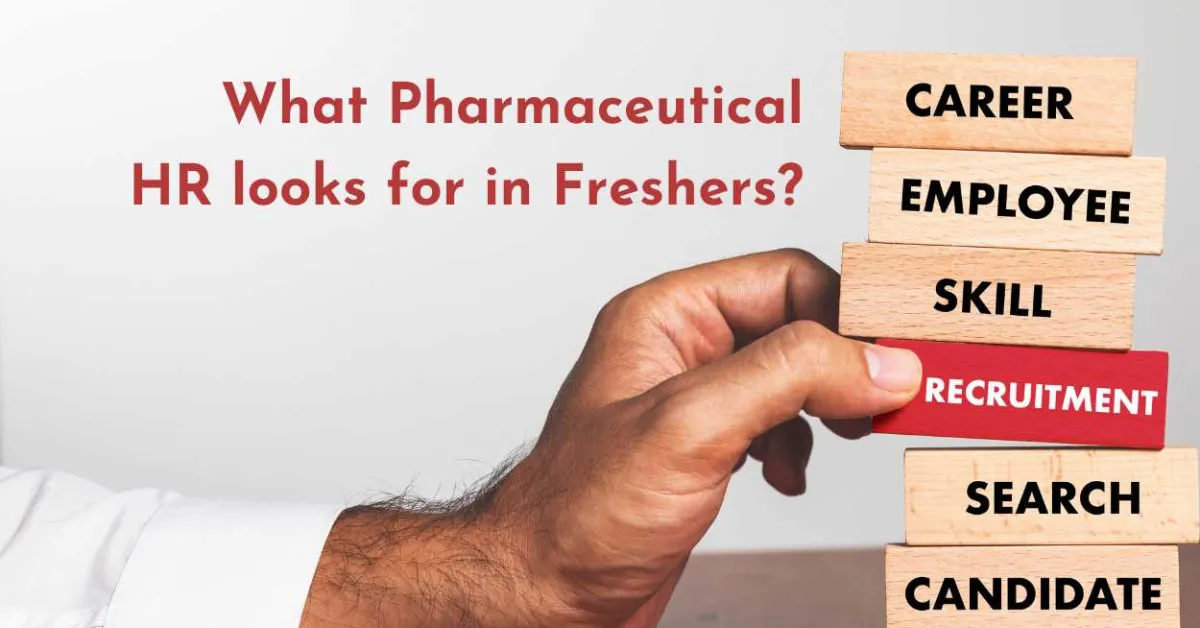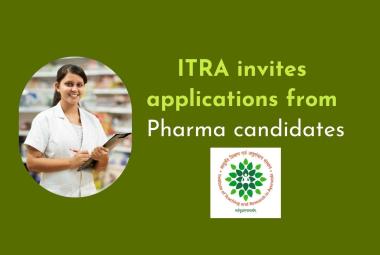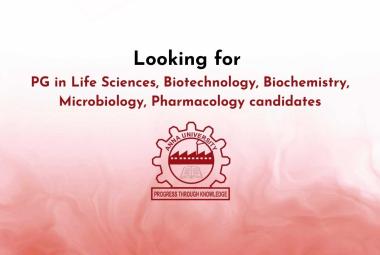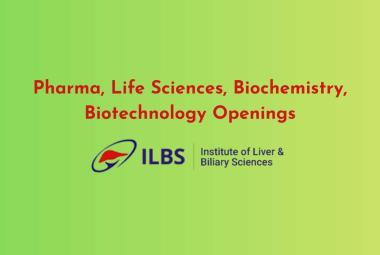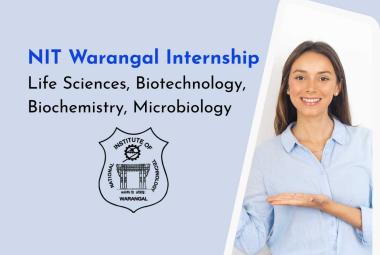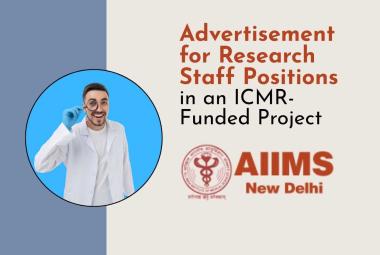When hiring freshers, pharmaceutical HR departments aren’t just checking for a degree—they're trying to find someone who is ready to learn, able to follow strict guidelines, and can grow within the company. While experience may not be expected at this level, what really matters is the right attitude, a solid knowledge base, and basic practical exposure.
Educational Background and Subject Knowledge
For freshers in the pharmaceutical industry, the very first thing HR looks at is your educational qualification—not just whether you’ve completed a degree, but how well you've understood the subjects you studied. A B.Pharm, M.Pharm, or a B.Sc./M.Sc. in life sciences (like microbiology, biotechnology, or chemistry) is usually the minimum requirement, but HR goes deeper than just the certificate.
They want to know : Do you truly understand the basics of your field?
For example, if you studied pharmaceutics, can you explain how tablet formulation works? If your degree included pharmaceutical analysis, can you talk confidently about HPLC or UV spectroscopy, even if you haven’t used them extensively?
You’re not expected to be an expert yet, but you should have a clear understanding of core concepts such as:
Pharmaceutics – basic formulation principles, dosage forms
Pharmacology – mechanism of drugs, therapeutic action
Pharmaceutical Chemistry – drug synthesis, chemical structures
Biopharmaceutics & Pharmacokinetics – absorption, distribution, metabolism, excretion (ADME)
When HR interviews a fresher, they often ask questions like:
"What happens in the dissolution test?"
"Can you explain what bioavailability means?"
"What is the role of excipients in tablet formulation?"
These questions aren’t to trick you—they’re just trying to see if you paid attention during your degree and if you’ve built a strong foundation. Because in pharma, everything is process-driven and science-based, so if your basics are weak, it becomes very hard to train or trust someone in a GMP environment.
Also, HR appreciates candidates who show interest beyond the classroom—like reading industry news, watching tutorials, or following pharma trends. It shows that you’re genuinely interested in the field, not just passing exams.
Your degree gets your foot in the door, but your understanding of the subject—your ability to explain and apply it—makes the real difference.
Technical & Practical Skills
While theory is important, pharmaceutical companies also want to know what you can actually do. As a fresher, no one expects you to run a full lab or operate complex machinery on your own—but HR definitely looks for basic technical familiarity and a willingness to learn hands-on.
For example, if you're applying for a QC (Quality Control) role, they may ask:
“Have you ever used an HPLC machine?”
“Do you know how a UV spectrophotometer works?”
Even if you've only seen or used the instruments during a lab practical or short training, it's important that you understand the purpose of each instrument and the process involved.
Here are a few basic tools and skills freshers are expected to know about:
HPLC – what it’s used for (analyzing drug content, impurities, etc.)
UV-Vis Spectrophotometry – how it helps determine drug concentration
Dissolution Testing – why it’s essential for oral dosage forms
pH meter, titration, filtration, weighing balances – basic lab tools
For QA (Quality Assurance) or Production roles, HR will look for understanding of:
Good Manufacturing Practices (GMP)
Standard Operating Procedures (SOPs)
Importance of documentation and batch records
Even just knowing what these terms mean and why they matter in the pharma industry can show you're prepared to be trained and take the work seriously.
For example :
If you say, “During my internship I assisted in preparing SOPs for tablet coating,” or “I observed how QC checks were done using UV and dissolution apparatus,” it gives HR the confidence that you can handle basic responsibilities under guidance.
Your basic lab knowledge, understanding of equipment, and awareness of industry practices like GMP/GLP all help HR see that you’re ready to transition from student to professional.
Internships, Projects & Extra Training
One of the biggest things that can help a fresher stand out in the pharma industry is practical exposure. This could be in the form of an internship, industrial visit, mini-project, dissertation, or even a short-term certification course.
HR knows that classroom education alone doesn’t prepare you for the fast-paced and highly regulated pharma environment. So they love to see candidates who have gone beyond the syllabus and tried to learn from real industry settings.
For example :
• If you’ve done training in a pharma manufacturing plant, you can talk about observing tablet compression, coating, or packaging.
• If your final year project was related to formulation or drug analysis, you should be ready to explain what you did, what you learned, and what instruments or methods were involved.
• Even a 2-week internship in a QA or QC department shows that you’ve seen real-world practices and understand basic workflow.
Also, HR highly values freshers who have taken initiative to do certifications in:
• HPLC / Chromatography
• Pharmacovigilance
• Regulatory Affairs
• GMP / Validation / QA documentation
These show that you’re serious about learning and growing in the field—and not just waiting for a company to train you from scratch.
Always mention the name of the company, duration of training, what department you worked in, and what skills you picked up—even if it was a small experience. It adds credibility to your resume and your interview answers.
Soft Skills & Professional Attitude
A lot of freshers think that pharma jobs are all about technical skills and lab work. But in reality, how you work with others and how you behave in a professional environment is just as important to HR. Why? Because pharmaceutical companies operate in highly regulated environments, where discipline, communication, and teamwork are non-negotiable.
Here’s what HR usually looks for:
• Communication skills – Can you explain your ideas clearly? Can you write basic reports, emails, and lab notes in a professional way? This matters not just in interviews but in everyday teamwork, audits, and documentation.
• Discipline and time management – In pharma, everything works on protocols and timelines. If you don’t follow SOPs properly or delay a process, it can lead to compliance issues or even a failed batch.
• Teamwork – Most pharma departments (QC, QA, Production, R&D) require you to work in a team. You’ll be collaborating with supervisors, analysts, or cross-department colleagues. HR tries to judge whether you can listen, coordinate, and adjust when needed.
• Eagerness to learn – If you say “I’m willing to learn” but show no interest during the interview or avoid technical questions, HR can see through it. But if you genuinely show curiosity—asking questions, mentioning what you’ve studied on your own—it makes a big difference.
HR's mindset: “We can train someone on instruments or SOPs, but we can’t easily train them to be sincere, humble, or team-oriented. That has to come from within.”
So don’t underestimate soft skills. Even if you’re a topper, if you seem arrogant, passive, or uninterested, you could get rejected. But if you show maturity, respect, and a willingness to learn, HR will see your potential.
Passion & Career Vision
When pharmaceutical HR professionals interview a fresher, they’re not just looking for what you know today—they’re trying to figure out who you want to become tomorrow.
You might not have years of experience yet, but what you do have control over is your mindset and career clarity. A candidate who says, “I’m open to anything” may think it sounds flexible, but to HR, it often signals confusion or lack of direction. On the other hand, if you can confidently say, “I’m genuinely interested in QA and see myself growing in that field”, it shows focus, maturity, and long-term thinking—qualities employers deeply respect.
What does “career vision” actually mean to HR?
It’s your ability to answer these questions with honesty and clarity:
• Why did you choose this field?
• Which department or function genuinely excites you?
• How do you see yourself evolving in 2, 5, or 10 years?
• Are you someone who will stay, learn, and grow—or will you leave once something slightly better comes along?
Most HR managers understand that your first job won’t define your entire career—but they still want to hire someone who intends to stay for a meaningful amount of time, contribute sincerely, and move up the ladder.
Examples of Good Career Vision (from real interviews)
-- “I’m interested in starting in Quality Assurance because I’m detail-oriented and understand the importance of documentation and compliance. In the next few years, I want to work on handling regulatory audits and learning about validation. Eventually, I see myself in a senior QA role or even heading a compliance team.”
-- “I enjoy working on the shop floor and want to grow in the Production department. I’m fascinated by how different machines work in granulation, compression, and coating. I’d love to develop strong hands-on experience and move toward supervisory roles in the future.”
-- “I’m interested in Pharmacovigilance because I want to be a part of post-market drug safety. I know it involves strong communication and regulatory understanding, and I’m prepared to upskill myself in tools like Argus or MedDRA if required.”
These answers show that the person has done some thinking, has a purpose, and is committed to developing in one direction—not just jumping randomly.
What if you're still unsure?
That’s okay! Not everyone has 100% clarity as a fresher. But instead of saying “I don’t know”, you can say something like:
-- “I’ve explored different subjects during my course, and I’ve developed a strong interest in QA and documentation. I’m still open to learning about other departments, but I’d like to start with a profile where I can apply my attention to detail and grow gradually.”
That kind of honest, humble response shows that you’re open, but not aimless.
Why Career Vision Matters (Even for Freshers)
Pharma is not like the IT or marketing industry, where switching fields is easier. Once you get into QA, QC, Production, or R&D, your career path tends to build vertically. So, having clarity from the beginning helps:
• You grow faster in your chosen area
• Companies invest more in your training
• You’re more likely to get promoted early
• You can specialize and become an expert over time
From an HR point of view:They are not just hiring for a vacancy—they are hiring future supervisors, team leaders, and department heads. If you show signs of leadership and career planning from the start, you become a strong long-term asset.
Tips for Crafting Your Own Career Vision
Here’s how to build a strong answer for interviews or your resume:
Pick an area of interest – QA, QC, Production, R&D, Regulatory Affairs, Pharmacovigilance, etc.
Connect it with your strengths – “I enjoy documentation,” “I’m good at detail-oriented work,” “I like formulation experiments.”
Talk about your growth plan – “I want to build my foundation and take up more responsibility as I learn.”
Stay open, but focused – Show that you’re open to learning, but not directionless.
Your career vision doesn't have to be perfect, but it has to be honest and meaningful. Companies don’t want someone who’s just chasing salaries or desperate for “any job.” They want someone who understands the value of the pharma industry and is ready to grow with it.
Even if you're a fresher, you can stand out by showing that you’re not just looking for a paycheck—you’re looking for a purpose.
Key Takeaway
Entering the pharmaceutical industry as a fresher can feel overwhelming, but understanding what HR truly values can give you a real edge. At the core, pharmaceutical HR teams are not just looking for degrees—they’re looking for potential. They want candidates who have a strong grasp of basic subject knowledge, but also the curiosity and enthusiasm to keep learning. If you can combine your educational foundation with even basic technical exposure—like using lab equipment, following SOPs, or completing a short internship—it speaks volumes about your readiness for the real-world pharma environment.
Equally important are your soft skills: communication, discipline, teamwork, and most importantly, your attitude. HR knows they can train you on machines and protocols, but they can’t teach sincerity or professionalism. A positive, humble, and respectful attitude often matters more than your academic marks. Finally, HR wants to see someone with a sense of direction—someone who isn’t just chasing “any job,” but is genuinely interested in building a meaningful career in pharma. Whether your path is QA, QC, production, or regulatory affairs, showing a clear career vision reassures the company that you’re a long-term investment worth making.
In short, what HR really looks for in a fresher is a balance of knowledge, attitude, eagerness, and clarity. If you can show that—even with limited experience—you’ll stand out not just as a job applicant, but as a future professional.
-- Rajesh Vagh
PharmaTutor Edu Labs
You can write your views on topic and/or this article and send it on rajesh@pharmatutor.org . Happy to hear from you!


